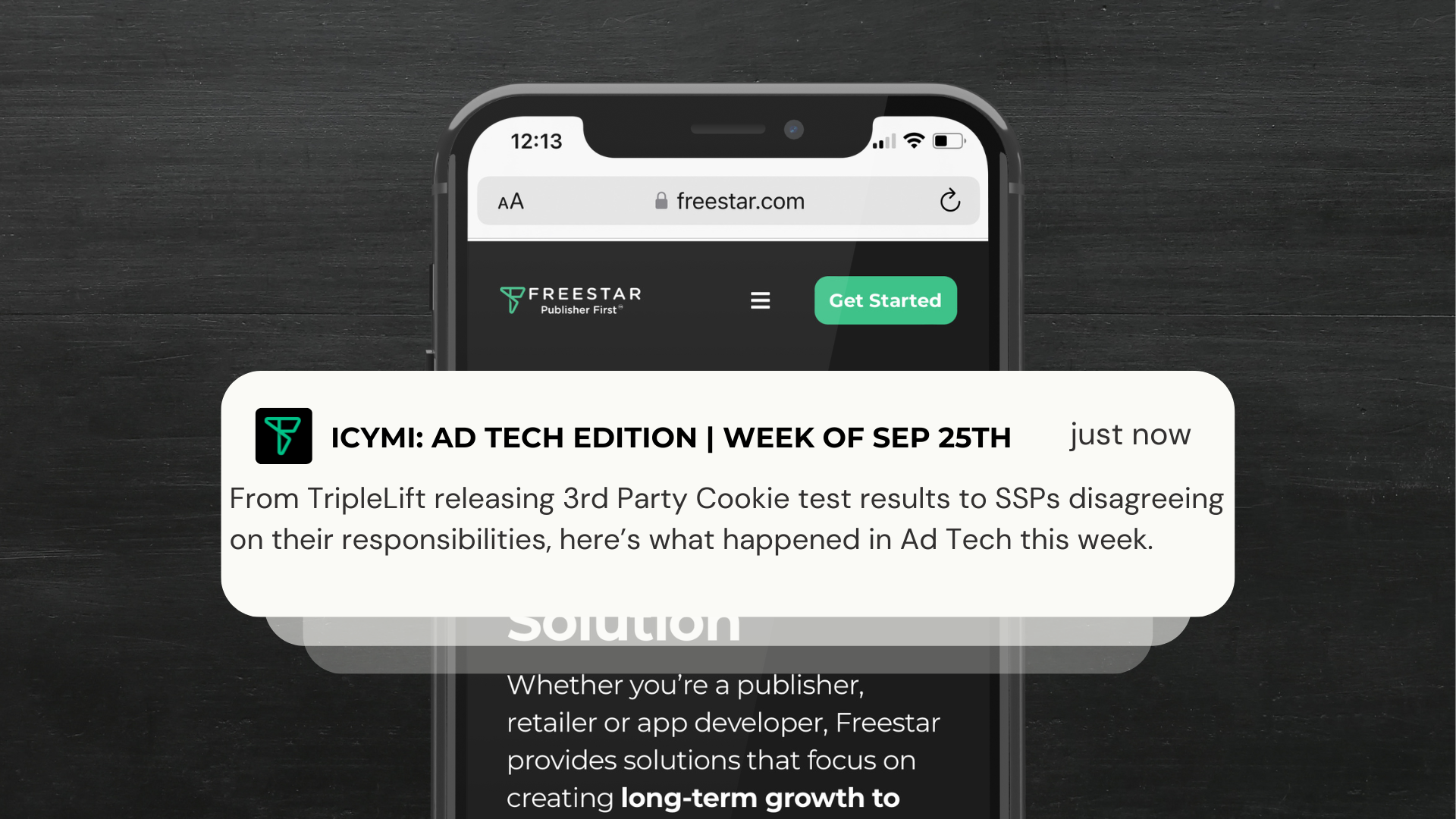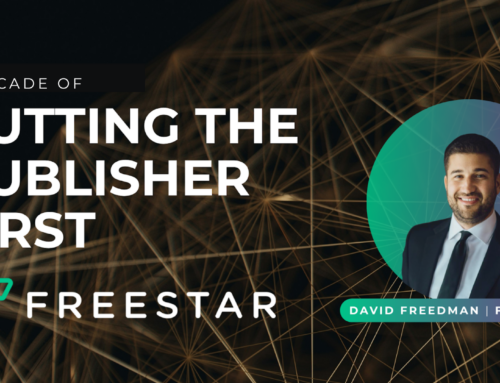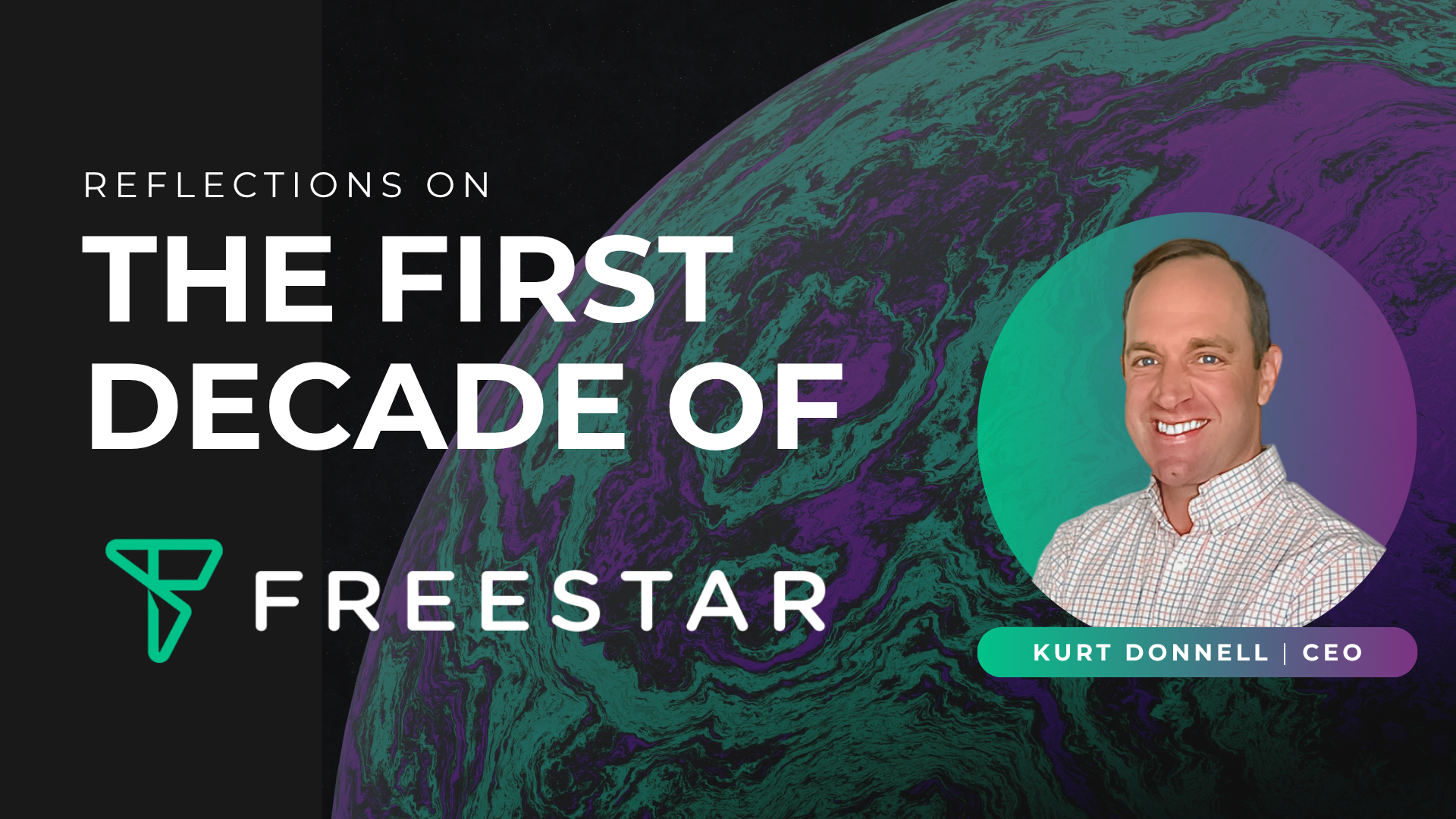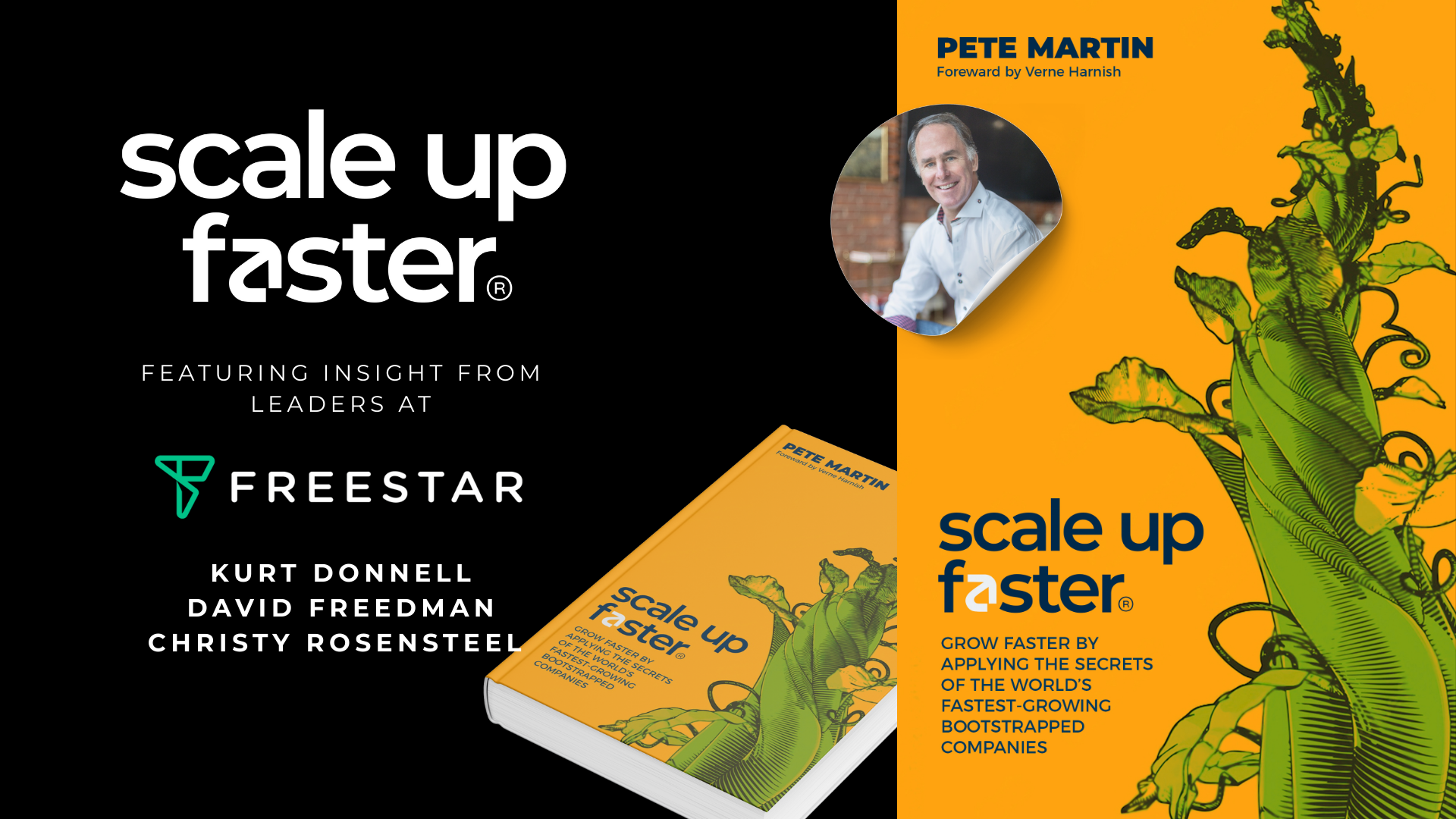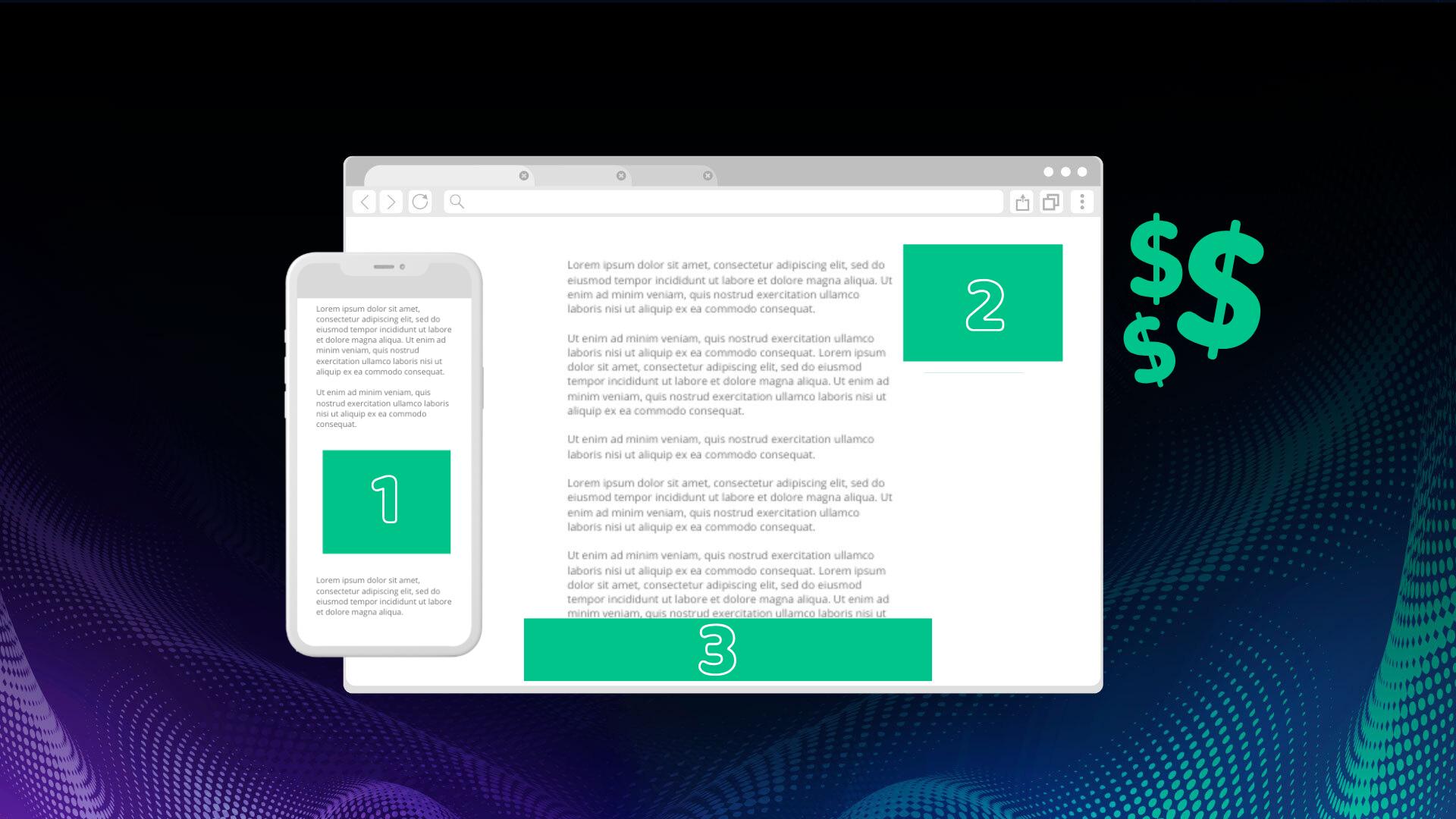Bits and Bobs from around the industry:
Freestar harnesses Memorystore for ultra-low latency in global service delivery
Freestar, a major ad monetization platform, has successfully addressed latency challenges encountered during its global expansion efforts. To optimize performance, the company transitioned from a single-region Redis cluster to a multi-regional Memorystore Redis setup, leveraging Envoy proxy replication. This strategic shift yielded significant reductions in latency, aligning their system’s performance with the standards set by the previous single-region deployment.
In the wake of this transition, Freestar efficiently manages a substantial volume of API requests, maintaining a consistent 80ms latency on the client side. This accomplishment is especially noteworthy given their read-heavy system characteristics and high peak-hour loads, with Memorystore capably handling about 40,000 requests per second at peak times, boasting a 5ms latency at the 95th percentile. Furthermore, their Ad Config Service adeptly manages over 15,000 API requests per second during peak periods.
This successful transformation is a testament to Freestar’s commitment to delivering optimal user experiences and maintaining low-latency ad configurations. Their collaboration with the Google Cloud team played a pivotal role in conquering complex challenges and achieving industry-standard compliance. Today, Freestar enjoys a robust solution for replicating Memorystore data globally, making this partnership with Google Cloud a resounding success story in the realm of ad tech infrastructure optimization.
The “New Rules” of Video Stories and Advertising: Q&A with Connatix’s Anthony Gonsalves
Anthony Gonsalves, SVP and Head of Global Business Development at Connatix, discusses the evolving landscape of video content and advertising. He emphasizes that all publishers, regardless of their size, should embrace video as it offers a powerful means of engaging audiences and building trust. Gonsalves highlights the importance of tailoring video content to specific platforms and the need for publishers to leverage social media to attract audiences.
He also addresses the changing rules in video advertising, particularly the distinction between in-stream and out-stream ads and the importance of aligning video content with the user’s intent. Gonsalves advises publishers to focus on articles that drive the most traffic and to consider automation tools to create video content efficiently. Finally, he underscores the value of context in video content and suggests that publishers of all sizes can harness automation and AI to create high-quality video content.
In conclusion, Gonsalves believes that video will continue to be a significant focus for publishers in the coming years, offering opportunities for audience growth and revenue generation..
Picnic Raises $1.25M To Support Ad Density Measurement And US Expansion
Picnic, a UK-based ad marketplace, has secured an additional $1.25 million in funding to complement its Series A round, bringing the total to $4.25 million. The company aims to achieve profitability by reducing its burn rate to zero and becoming profitable by the next year. The funding round was led by FirstPartyCapital and included contributions from AperiamVentures, Gurman Hundal, global executive chairman and co-founder of MiQ, and Brian O’Kelley, co-founder and CEO of Scope3 and former CEO of AppNexus.
Picnic’s priorities have shifted towards profitability, focusing on its US expansion, though it is pulling back on its CTV ambitions for the time being. The company plans to hire more regional salespeople and is developing products related to ad density scoring and attention measurement. Picnic also emphasizes a “user-first” approach and sustainability, partnering with Scope3 to measure and offset emissions from ads served through its marketplace.

